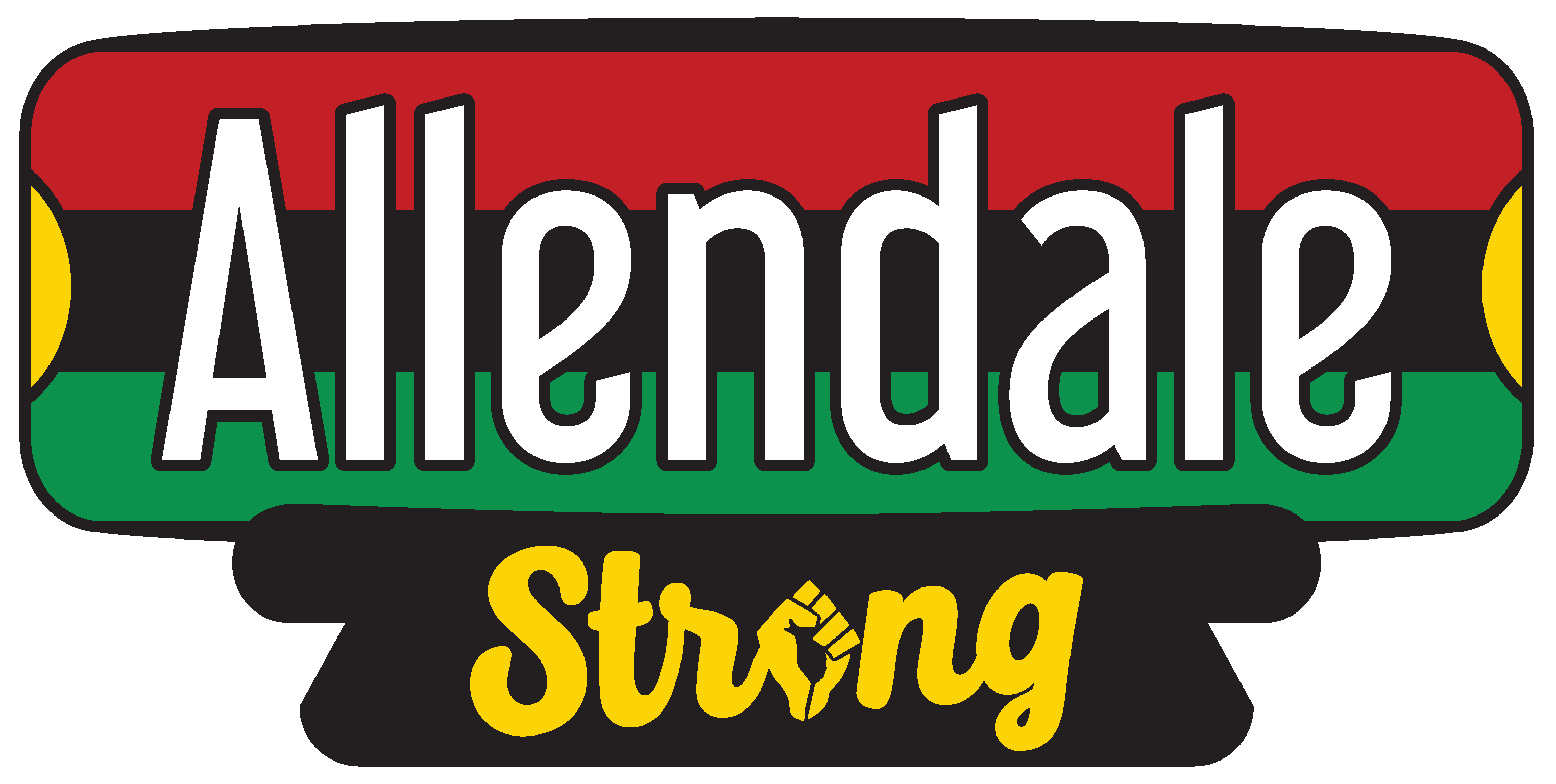In the 1980s, an unlikely alliance slowed the construction of nature-destroying dams. We just might be able to pull it off again.
All these structures could soon fall prey to a bulldozer. The reason: A proposed 3.5-mile highway, the I-49 Inner-City Connector, would smash through Allendale, wreaking havoc on everything in its path. “State officials call it ‘the Connector,’ ” said Kim Mitchell, a Shreveport architect who has been fighting the project, “but it’s really a divider—because it isolates Allendale.”
Some of the Connector’s boosters seem to see leveling Allendale itself as a reason to build the road. “The area that it covers is a lot of blighted area. It could be revitalized,” Greg Tarver, a Louisiana state senator, told Bloomberg CityLab last year. The project’s estimated budget: $865 million.
Those costs, both financial and human, are supposedly justified by the faster trip times that the Connector would offer. According to a 2016 study by the Northwest Louisiana Council of Governments, drivers who use the Connector would save an average of three minutes of travel time. (The study does not mention that Shreveport’s traffic delays are already the lowest among Louisiana’s four major metro areas, including New Orleans, Baton Rouge, and Lafayette.)
From San Bernardino to Austin to Cape Cod, state transportation departments are pouring billions of dollars into highway expansions that upend communities and damage the planet, all in a quixotic quest to conquer congestion. READ THE FULL ARTICLE HERE

